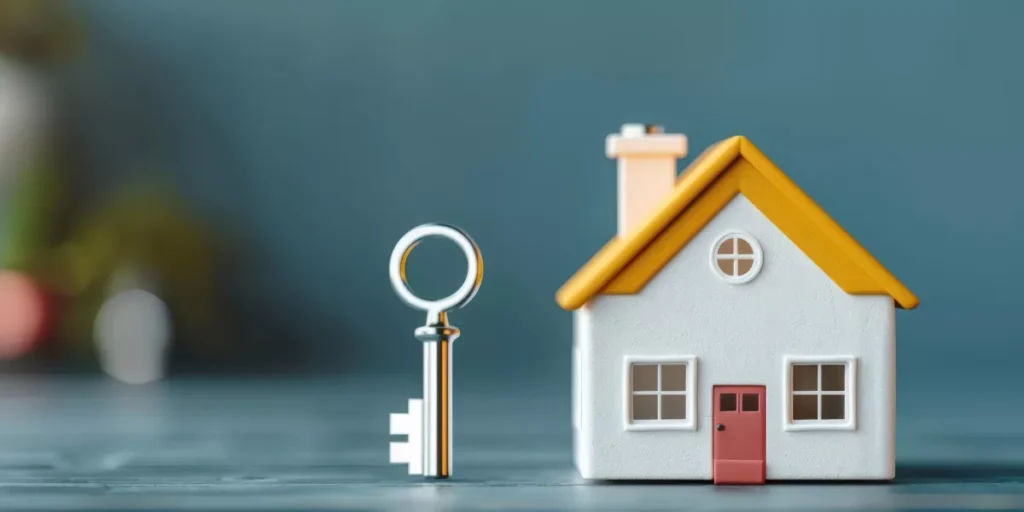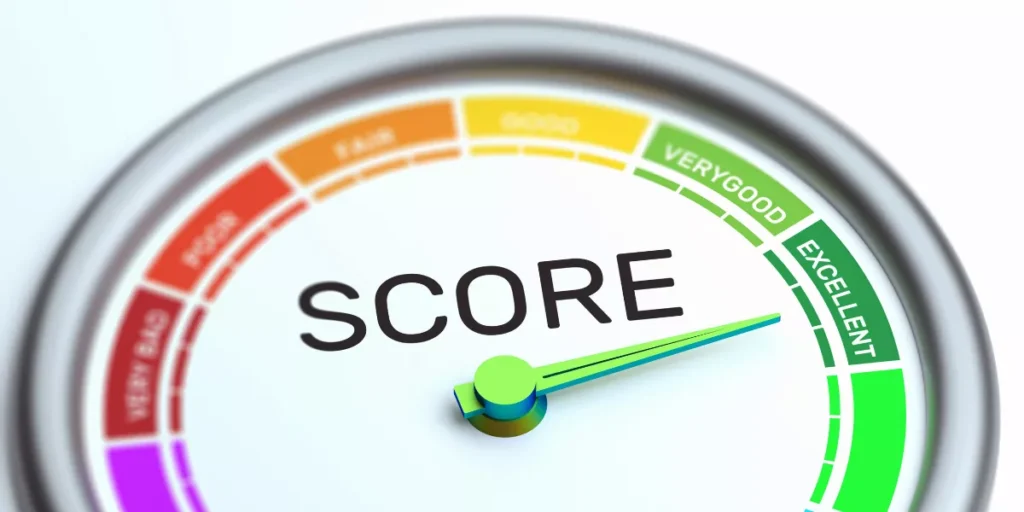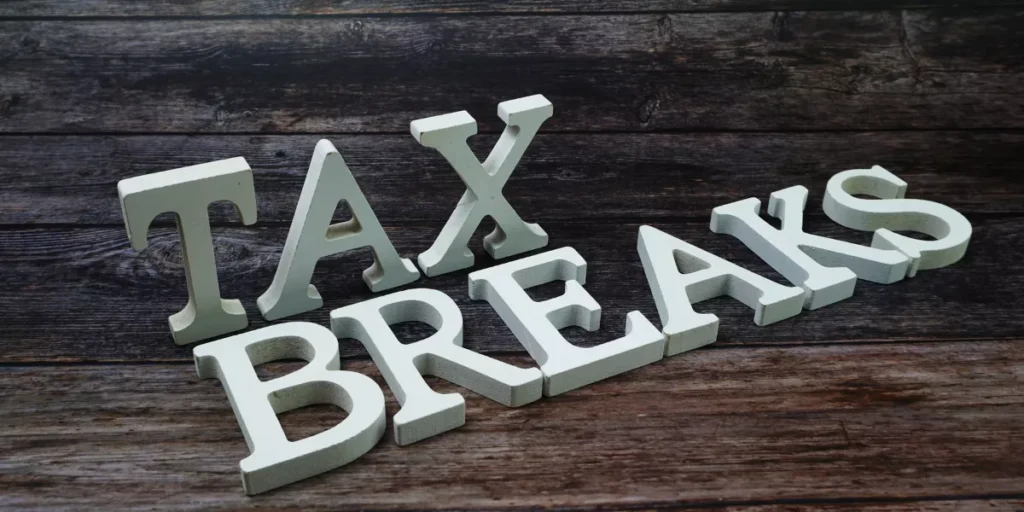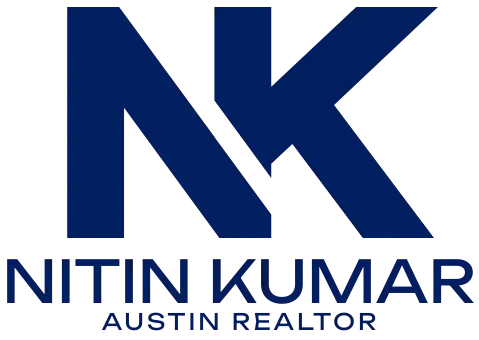You’re probably overwhelmed by mortgage jargon, budgeting apps, and inquiries like “Can I really afford this?” if you’re considering purchasing your first home. The mortgage rate itself, particularly the well-known 30-year mortgage, is one of the most prevalent and frequently most perplexing aspects of the home-buying process. So, let’s get right to it: Can first time home buyers get a 30 year mortgage?
The answer is definitely yes. However, as with most real estate matters, the details count. Who is eligible? Is it the best choice? What are the advantages and disadvantages? Above all, how can you position yourself for success with a thirty-year loan? Everything first-time buyers need to know about selecting and qualifying for a 30-year mortgage will be covered in this guide.
Can You Get A 30-Year Mortgage As A First-Time Buyer?

Indeed, most first-time homebuyers are able to obtain a 30-year mortgage. Approximately 90% of first-time buyers opt for a 30-year fixed-rate mortgage, according to data from Freddie Mac.
Why? Because, when compared to loans with shorter terms, it offers the lowest monthly payments. Many first-time homebuyers require the flexibility of longer repayment terms due to tight budgets, student loans, and rising home prices.
So when you ask, can first-time home buyers get a 30-year mortgage in today’s housing market, the answer is yes. It’s the most well-liked choice available for beginners. The 30-year option is nearly always offered, regardless of whether you’re working with a traditional lender or participating in a government-backed loan program like HFA.
However, being prepared is not the same as being eligible for a home within your area. This leads us to the following point.
Who Qualifies As A First-Time Homebuyer
Knowing what it means to be a first-time homebuyer is important before you start filling out loan applications and being a borrower. It’s a bit more adaptable than you might imagine, spoiler alert. The U.S. Department of Housing and Urban Development (HUD) states that you are a first-time buyer if:
- You’ve never been a homeowner.
- For the past three years, you have not owned a home.
- You have only ever owned a house that isn’t fixed to a foundation (like a mobile home).
- It was not possible to bring your property into compliance with local codes for less than the price of constructing a permanent structure.
Therefore, under some circumstances, you may still be eligible to purchase a below-market condo as a first-time buyer even if you have previously owned real estate.
Why is this important? There are advantages to being classified as a first-time homebuyer, particularly when submitting an application for a 30-year mortgage through FHA, USDA, or other assistance programs.
First-Time Homebuyer Qualifications
When asking “can first-time home buyers get a 30-year mortgage?”, it’s important to understand that lenders don’t just hand out loans without a bit of due diligence.
Even though first-time buyers are eligible for special benefits and programs, you must still fulfill requirements that demonstrate your financial readiness for the responsibilities of homeownership. Below is a breakdown of the most common requirements:
Stable Income and Employment History
Having a consistent and dependable source of income is something that lenders want to see. The majority require at least two years of steady work in the same field. If you work for yourself, be prepared to present profit-and-loss statements and tax returns as proof of your purchase price. This gives lenders confidence that there won’t be any significant disruptions to your ability to make payments over the next 30 years.
Credit Score

The type of loan you are eligible for and whether you will receive favorable terms are greatly influenced by your credit score.
- The typical minimum score for conventional loans is 620.
- You can qualify for an FHA loan with as little as 580, and in certain exceptional circumstances, 500 if you make a larger down payment.
You will have more options and a lower interest rate if your credit score is higher. Over a 30-year loan period, this has a significant impact.
Debt-to-Income Ratio (DTI)
This ratio contrasts your gross monthly income with your total monthly debt payments, including credit card, student, and auto loans.
- A DTI below 43% is preferred by most lenders, but lower is preferable.
- Certain programs might provide a little more flexibility, particularly those supported by the government like FHA.
In addition to making you more eligible, having a low debt load also allows you to breathe easier after you begin making mortgage payments. You can also hire a realtor to help you navigate this aspect.
Down Payment For A First-Time Buyer
Today’s first-time buyers have more options than the previous rule of thumb, which was 20% down.
- Down payments for FHA loans can be as low as 3.5%.
- Under certain programs, conventional loans can be as low as 3%.
- Additionally, many states provide loans or grants for down payment assistance.
The largest obstacle is frequently saving for a down payment, but many purchasers are unaware of the abundance of programs available to ease the burden.
Savings for Closing Costs and Reserves
Closing costs, which normally amount to between 2% and 5% of the home’s price, must be paid in addition to your down payment. To demonstrate that you can maintain your financial stability in the event of an unforeseen circumstance, some lenders may also demand cash reserves, which are essentially a few months’ worth of mortgage payments saved up.
Benefits Of Being A First-Time Homebuyer
Let’s face it, purchasing your first home can be intimidating. You’re juggling a loan that lasts longer than most marriages, contracts, inspections, and negotiations. The bright side is that there are some really nice advantages to being a first-time buyer.
So while you’re still asking, can first time home buyers get a 30 year mortgage, know that not only can you. You’re frequently encouraged to do so as well.
Access to Government-Backed Loans
First-time purchasers have access to mortgage programs that are intended to assist those without excellent credit or sizable savings accounts.
- FHA Loans: 3.5% down payments and minimal credit score requirements.
- USDA Loans: If you’re purchasing in a rural area, USDA loans require no down payment.
- VA Loans: For qualified veterans, there is no down payment and no PMI.
All of these loan programs offer stability and affordability over the long run, and they are all compatible with 30-year terms.
Lower Down Payment Requirements
You can enter many first-time homebuyer programs with a down payment of much less than 20%. Some even provide programs to help with down payments, which include:
- Grants
- Loans that are forgiven
- Loans that are deferred
- Employer-matching initiatives
The time it takes to transition from saving to homeownership can be significantly shortened by doing this.
Tax Breaks and Incentives

Tax benefits come with home ownership, and these benefits are even greater for first-time homebuyers.
- Deductions for mortgage interest
- Deductions for property taxes
- Tax credits for first-time purchasers in certain circumstances.
In those early years when you’re settling into both your home and your mortgage, this can lessen the financial strain.
Educational Support and Counseling
Numerous initiatives provide free homebuyer education classes, particularly at the state level. These guide you through the process of buying, financing, and caring for your house. They are very helpful in any case, but they are frequently needed for down payment assistance.
Favorable Loan Terms
Since programs for first-time homebuyers are meant to assist rather than hinder, you’ll frequently find:
- Reduced interest rates
- Mortgage insurance that is reduced or nonexistent
- Adaptable underwriting standards
It is much easier to afford a 30-year mortgage with these terms without going overboard.
First-Time Homebuyer Programs
This is where the interesting part begins. Several type of mortgages are designed to make it easier for first-time homebuyers to obtain 30-year mortgages.
FHA Loan
- Supported by the Federal Housing Administration
- 3.5% down payment
- Minimum credit score: 580
- Offers a 30-year fixed-rate option at all times.
This first-time buyer loan is ideal for purchasers with poor credit or little savings.
USDA Loan
- For purchasers in rural and suburban areas
- No down payment is necessary.
- Typically, a credit score of 640 or higher is required.
- Only comes in 30-year fixed versions.
If you’re willing to purchase outside of major cities, this is a fantastic program.
VA Loan (For Veterans Who Qualify)
- No down payment
- Absence of private mortgage insurance (PMI)
- Interest rates that are competitive
- Available 30-year mortgage terms
This is unquestionably among the greatest choices available to active-duty military personnel and veterans.
Freddie Mac Home Possible / Fannie Mae HomeReady
- Traditional loans that require only a 3% down payment
- A 30-year fixed mortgage
- Intended for buyers with low to moderate incomes
These programs offer first-time buyers flexibility along with the benefits of a traditional loan. So, when you ask can first time home buyers get a 30 year mortgage, not only is the answer yes, they can do it with tailored support to make the whole process a lot less overwhelming.
Conclusion
Let’s recap: Can first time home buyers get a 30 year mortgage? Yes, and for new homeowners, it’s frequently the best and most economical option. It continues to be the gold standard for first-time buyers due to its low monthly payments, long-term predictability, and wide availability across loan programs.
But the important thing is to be informed. Find out what you are eligible for, look into aid programs, and don’t be scared to ask for help from a reputable real estate agent who can help you understand the entire process. Nitin, trusted Austin realtor, is the person to call if you’re purchasing your first house in Austin or the surrounding area. Make your first home purchase easy, wise, and stress-free by with us today! Also, include the home page link to the word “us”. right now.
FAQs
Q. What Is The Monthly Payment On A $100,00 For 30 Years?
A: As a first-time homebuyer, you will be paying around $665.30 if you have a 7% interest. The monthly mortgage payment depends on the interest rate of loans you go for.
Q. What Is The Oldest You Can Be To Get A 30-Year Mortgage?
A: There is no maximum age restriction to borrowing to buy a home. You can obtain a 30-year mortgage at any age, even into your 60s or 70s, provided you fulfill the lender’s requirements (income, credit, and DTI).
Q. Is It Okay To Get A 30-Year Mortgage?
A: Of course. Lower monthly payments from a 30-year mortgage can free up funds for savings, emergencies, or other lifestyle expenditures while buying your first home. Just remember that your interest payments will increase over time.
Q. What Is The Best Mortgage Loan For A First-Time Buyer?
A: Your circumstances will determine which insured mortgage loan is best for you. Conventional loans are best suited for people with solid financial standing, Federal housing corporation loans for those with lower credit scores, USDA loans for buyers in rural areas, and VA loans for veterans. They all provide 30-year terms in 2025.




